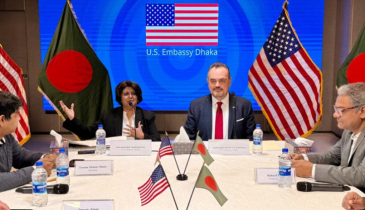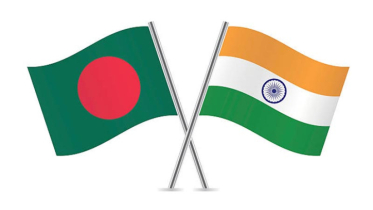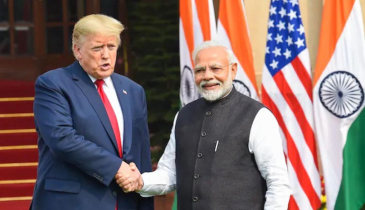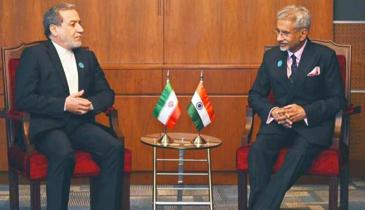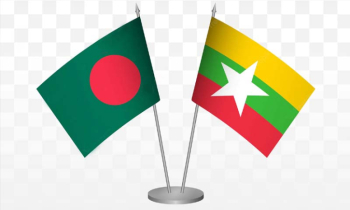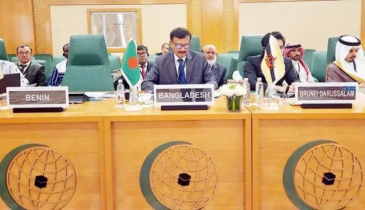India, China foreign ministers hold talks on border peace and trade cooperation
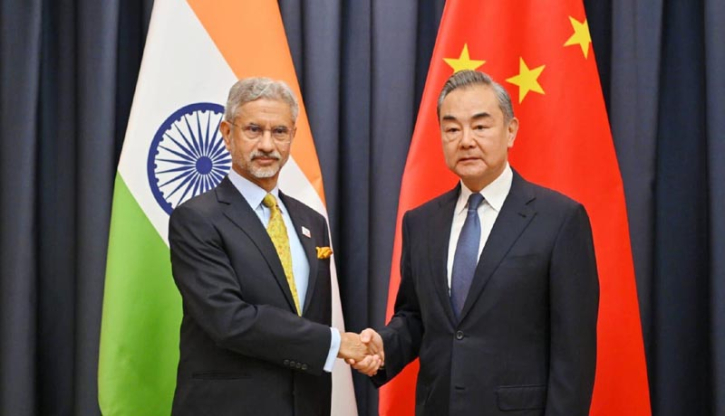
India and China on Monday sought to reset their strained relationship as Foreign Minister Subrahmanyam Jaishankar met his Chinese counterpart Wang Yi in New Delhi for high-level discussions on border stability, trade, and future cooperation.
Jaishankar said the talks covered a wide range of issues, including economic and trade ties, cross-border pilgrimages, people-to-people exchanges, river data sharing, connectivity projects, and the revival of border trade. “Our dialogue today was candid and forward-looking. Strengthening mutual trust and ensuring peace along the border remain essential to building a stable and cooperative partnership between India and China,” he told reporters after the meeting.
Wang Yi, echoing Beijing’s position, noted that relations were gradually returning to a cooperative track after several years of turbulence. According to a Chinese readout, he urged both nations—two of the world’s largest developing countries—to act as partners rather than rivals. “India and China must establish the right strategic perspective, see each other as opportunities, not threats, and set an example of unity for the developing world,” Wang said.
Wang arrived in New Delhi for a two-day visit, during which he is scheduled to hold the 24th round of Special Representatives’ talks on the border issue with Indian National Security Adviser Ajit Doval. He is also expected to meet Prime Minister Narendra Modi ahead of Modi’s planned visit to China later this month to attend the Shanghai Cooperation Organisation (SCO) summit—his first trip to the country in seven years.
The discussions come against the backdrop of a lingering military standoff along the Himalayan frontier, where tens of thousands of troops have been deployed since a violent clash in 2020 left 20 Indian and four Chinese soldiers dead. While disengagement efforts have been made, both sides still maintain significant forces in the western Himalayas, an issue Jaishankar emphasized must be addressed before ties can fully normalize.
Relations between the two Asian giants began to show signs of thawing last October after President Xi Jinping and Prime Minister Modi reached a breakthrough agreement in Russia aimed at reducing border tensions. Analysts believe Wang’s visit and Modi’s upcoming trip to China may mark an important step toward stabilizing ties, though deep mistrust remains over unresolved territorial disputes and growing regional competition.
.png)


